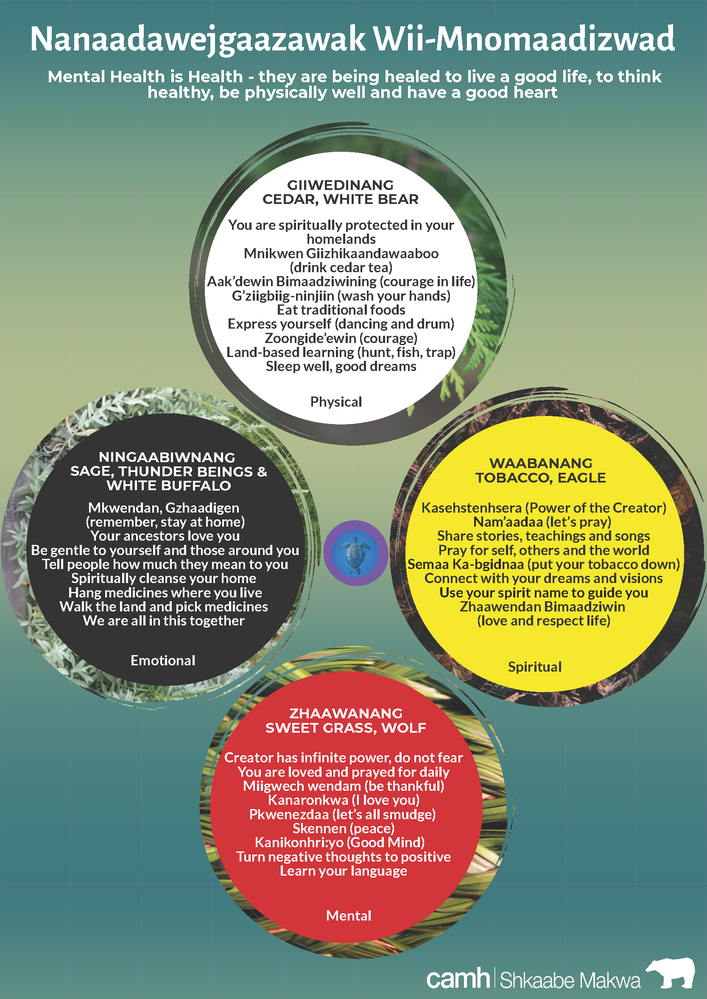Over the past 20 years there have been remarkable strides in providing cultural safe services to First Nations patients, families and communities, however there is still much work to be done in ensuring equitable access to culturally safe services.
During this pandemic, health organizations and service providers have faced additional challenges in their efforts to prepare, monitor and respond to COVID-19. Our First Nation partners are juggling an unprecedented number of concerns in accessing safe, and culturally appropriate, services for their community members.
